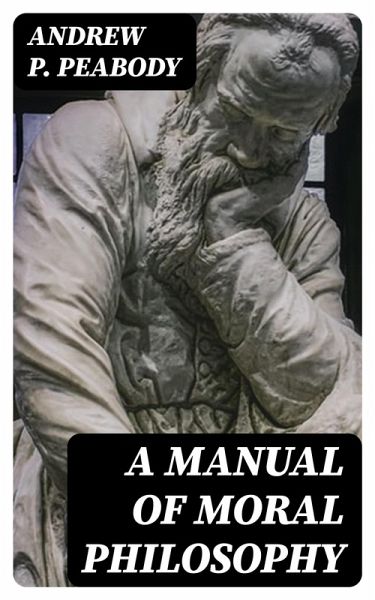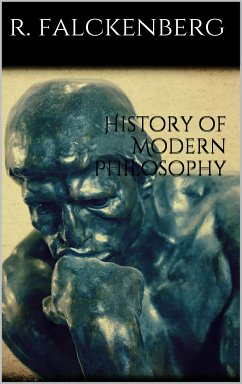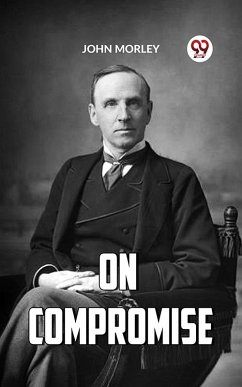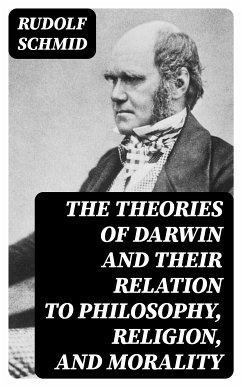
A Manual of Moral Philosophy (eBook, ePUB)
Versandkostenfrei!
Sofort per Download lieferbar
0,49 €
inkl. MwSt.
Weitere Ausgaben:

PAYBACK Punkte
0 °P sammeln!
In "A Manual of Moral Philosophy," Andrew P. Peabody engages readers with a comprehensive exploration of ethical principles and moral reasoning. The book is crafted in a didactic style, aiming both to enlighten and to provoke critical thought about moral issues. Peabody structures his work methodically, integrating discussions of deontological and consequentialist theories that reflect the philosophical debates of his time. Contextually, the work emerges from the 19th-century backdrop of American transcendentalism and utilitarianism, as it wrestles with the complexities of morality in a rapidl...
In "A Manual of Moral Philosophy," Andrew P. Peabody engages readers with a comprehensive exploration of ethical principles and moral reasoning. The book is crafted in a didactic style, aiming both to enlighten and to provoke critical thought about moral issues. Peabody structures his work methodically, integrating discussions of deontological and consequentialist theories that reflect the philosophical debates of his time. Contextually, the work emerges from the 19th-century backdrop of American transcendentalism and utilitarianism, as it wrestles with the complexities of morality in a rapidly changing social landscape. Andrew P. Peabody, an esteemed theologian and educator, drew from his extensive background in theology and philosophy to articulate a vision of moral philosophy that balances individual conscience with collective responsibility. His academic journey and personal convictions likely influenced his approach, positioning moral philosophy as a crucial guide for navigating ethical dilemmas in both personal and societal contexts. Peabody's unique perspective as a Unitarian minister lends a spiritual dimension, enriching his exploration of ethics. This indispensable work is highly recommended for philosophers, theologians, and anyone interested in the evolution of moral thought. Peabody's lucid prose and structured arguments foster a deeper understanding of ethical principles, making it a valuable resource for both students and scholars alike.
Dieser Download kann aus rechtlichen Gründen nur mit Rechnungsadresse in A, B, BG, CY, CZ, D, DK, EW, E, FIN, F, GR, H, IRL, I, LT, L, LR, M, NL, PL, P, R, S, SLO, SK ausgeliefert werden.













